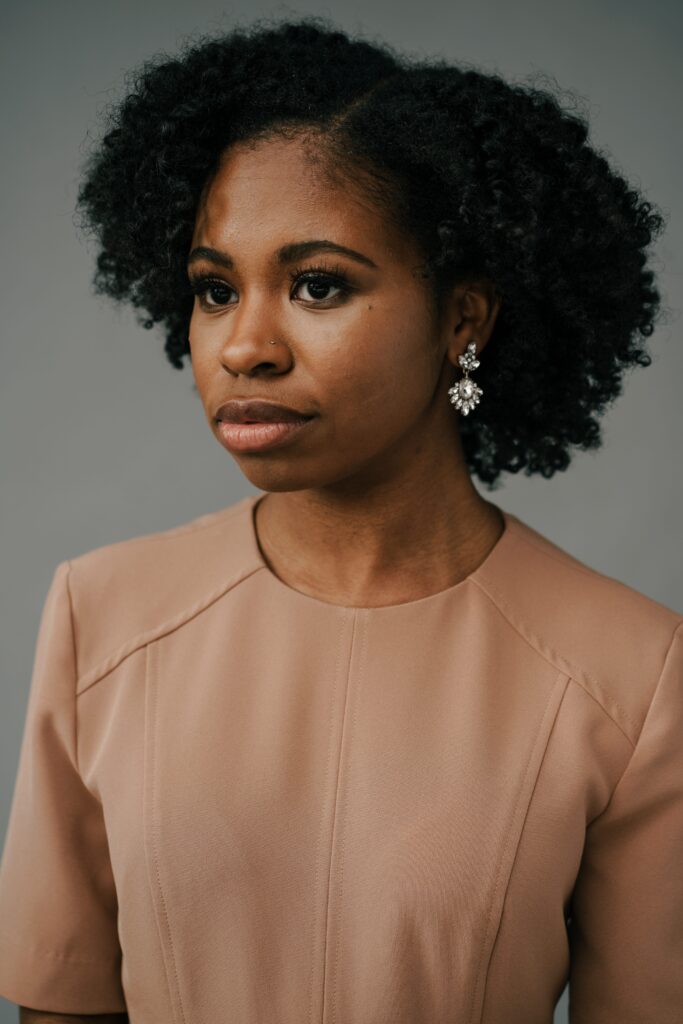It’s no secret that Atlanta musicians and politicians love cozying up to one another. Artists get to show they’re invested in the city, while politicians get to leverage some celebrity and credibility to their advantage. In one notable recent example, former Mayor Keisha Lance Bottoms brought out Killer Mike and T.I. while trying to quell protests in 2020.
There are loads of other examples, too, of course. District Attorney Paul Howard was eager to say he’d been endorsed by Lil Baby in a failed run for re-election in 2020. (For what it’s worth, the rapper told me this wasn’t true.) Relative newcomer BRS Kash was hired to turn “Throat Baby” into a voting anthem during Senators Ossoff and Warnock’s campaigns. And, most recently, former Mayor Kasim Reed announced his failed bid for re-election last year at singer Tyrese’s house, which was…strange, but not entirely surprising.
What might come as a surprise to people is that, for all of the schmoozing artists and politicians do here on the regular, the music industry in Atlanta continues to lack the necessary infrastructure to truly thrive. If ATL wants to continue to be the center of the music universe, it has to finally start listening to experts in the industry when it comes to building out an infrastructure that will allow the music business—not just music culture—to flourish here.
For decades, Atlanta has remained a critical hub for rap, which currently serves as one of the most dominant genres in the music industry, but also for other genres such as country and R&B. In spite of this, music executives and artists have struggled to bring the actual business aspect of the industry to the city. It’s a common refrain when I talk to local people within the music industry that they still often have to travel to New York and Los Angeles to do press interviews, have label meetings, and the like, despite the fact that many of music’s biggest artists hail from Atlanta. This remains true even as companies such as Sony/ATV Music Publishing, Pandora, and United Talent Agency all open offices around the city.
I’m not saying anything new here. People have been fighting this fight for years. They’ve pointed out that, when the music business is able to thrive here, it’s not just executives and musicians that benefit, oftentimes pointing to the wide reaching impact of Atlanta’s film industry as an example.
In 2020, Georgia Music Partners joined forces with Sound Diplomacy to complete an economic impact study that was commissioned by Fulton County the year prior. (Which is to say: right before COVID significantly impacted the live music industry.) At the time the study was released, I reported on it for Billboard, noting that:
“Between 2001 and 2018, direct employment at recording studios, performance rehearsal spaces, music venues, music festivals, and other music-related businesses in Fulton County—which includes Atlanta—grew at six times the rate of the rest of the economy. More than 10,500 new jobs were created within the music sector during this time frame, earning $265 million in an industry generating $1.67 billion.”
(I should quickly note that when I say I want the music business to thrive here, I’m referring to metro Atlanta. Still, I’m referencing this study because it’s the most recent, thorough, and comprehensive economic snapshot of the local music industry that we have.)
One of the most important findings in the study was that “[Fulton County] currently lacks a strategy for its music industry from an economic development perspective, but culture is one of the priority areas for the government…”
Put another way? Politicians love to cozy up to the city’s biggest musicians, but they often fail to prioritize legislation that would actually support these artists.
Music executives reiterated many of the findings from this study in March at the Atlanta: A Music Cities Business Summit hosted by the nonprofit Georgia Music Partners, consulting firm Sound Diplomacy, and the Metro Atlanta Chamber of Commerce. During the event, city officials from Fulton County, the city of Atlanta, and DeKalb County expressed interest in creating a joint committee to address increasing business throughout metro Atlanta, as well as the work they’re currently doing to support nightlife.
The event wasn’t low on star-power, either. L.A. Reid, who kickstarted Atlanta’s reign as a hip-hop and R&B mecca when he and Babyface opened LaFace Records here in the late 1980s, served as the event’s keynote speaker. Mayor Andre Dickens spoke at the event, too.
Still, I’d argue the most effective moments came when actual policy was discussed. Tammy Hurt, GMP co-founder and Recording Academy board of trustees chair, encouraged attendees to voice their support of HB1330, or The Georgia Music and Theatre Jobs Recovery Act. The bill, which ultimately failed to pass, would’ve made changes to the Georgia Music Investment Act and amend the tax incentive thresholds to make them more accessible for small business owners and creatives. (There are a number of bills each year that GMP supports and it’s worthwhile to stay up to date on what they are and how they might help grow the music industry here.)
During one panel at the March event, Ryan Wilson, co-founder of the membership-based networking club The Gathering Spot, said one of the issues with the music industry here is that we don’t do a good job of telling the world about our “narrative.” The city’s musical legacy, as it were. We “whisper” it when we should be less humble about the things we’ve accomplished, he said.
But Atlanta, I’d argue, has never had an issue with bragging about itself. Boosterism is something we’ve long done quite well. If we want actual change, those politicians have to do more than hang out with the city’s coolest rappers. They must work to put actual, useful policies in place.

Jewel Wicker
Jewel Wicker is an award-winning entertainment and culture reporter. The Atlanta native has written for publications such as The New York Times, GQ, NBC News, Teen Vogue, Atlanta magazine, and more. In 2021, she was awarded an AMBIE and Webby for her work as a co-host and writer on the Crooked Media/Tenderfoot TV political podcast, Gaining Ground: The New Georgia.
